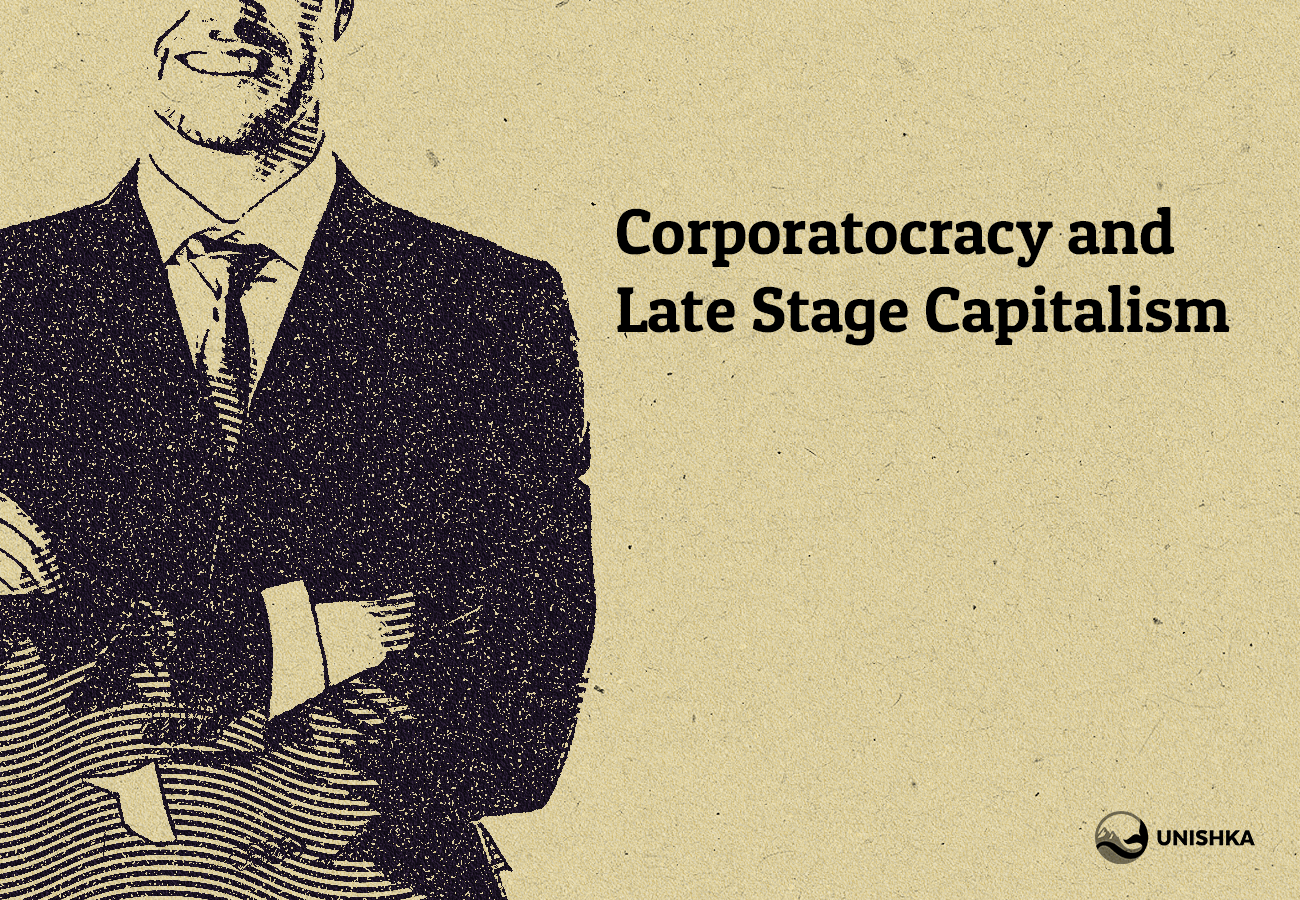
Corporatocracy and Late Stage Capitalism
30 June 2023 ( CBSNews )
The state of Delaware is famously business-friendly. With more than 1.8 million entities registered in the First State, companies outnumber its human residents by nearly two-to-one.
One city is now moving to raise businesses’ influence in the state even further, with a proposal to grant them the right to vote.
Seaford, a town of about 8,000 on the Nanticoke River, amended its charter in April to allow businesses — including LLCs, corporations, trusts or partnerships — the right to vote in local elections. The law would go into effect once both houses of Delaware’s state legislature approve it.
The proposal has rekindled a debate over how much power corporations should have in local government, with fierce opposition from civic interest groups who say businesses already wield too much influence over politics.
“It was very shocking to see this attempt to have artificial entities have voting rights,” said Claire Snyder-Hall, executive director of Common Cause Delaware, a watchdog group.
“We’re seeing voter suppression all over the county, and this is the flipside,” she added. “It’s not saying the residents of Seaford can’t vote, but it’s diluting their votes by allowing nonresidents to vote.”
A fix for low turnout?
Legislators have cast the change as a fix for low turnout in municipal elections and a way to attract business owners to the community.
“These are folks that have fully invested in their community with the money, with their time, with their sweat. We want them to have a voice if they choose to take it,” Seaford mayor David Genshaw told local station WRDE. Genshaw cast the deciding vote in a split City Council decision on the charter amendment in April, according to The Lever.
According to Delaware Online, there are 234 entities, including LLCs, trusts and corporations, headquartered in Seaford — a significant number for a town where an April election only garnered 340 votes.
Seaford is one of several towns that already allow absentee property owners — those who own a property but do not occupy it — to vote on certain issues, like taxes. The proposed charter amendment would expand that further to allow any “artificial entity, including but not limited to corporations, partnerships, trusts and limited liability companies,” to vote in all elections.
Under the proposal, corporate entities must register as voters with City Hall and include a list of their beneficial owners; city officials are then intended to cross-check these lists with resident voter rolls to prevent double voting, according to the proposal.
However, Snyder-Hall noted that the legislation only outlaws double voting for human residents of Seaford, permitting it for out-of-town business owners.
“If you’re a snowbird, you don’t get to vote twice — once in Florida and once in Delaware,” she said.
31 votes from a single manager
A handful of other Delaware towns, including Fenwick Island, Henlopen Acres and Dagsboro, already allow corporations to vote, according to Common Cause. Human residents don’t always take kindly to that permissiveness.
In 2019, it was revealed that a single property manager who controlled multiple LLCs voted 31 times in a Newark, Delaware, town referendum, an incident that led Newark to amend its rules. And residents in Rehoboth Beach in 2017 beat back a proposal to allow LLCs to vote.
Delaware has plenty of other corporate inducements, including allowing owners of LLCs to stay anonymous and relieving businesses of paying corporate income tax. The vast majority of businesses headquartered in the state, including two-thirds of Fortune 500 companies, don’t have a physical presence there.
To become law, the charter amendment must be passed by two-thirds of the state legislature and then signed by the governor. The current session ends June 30 but restarts next January, when the charter amendment could be considered again.
The bill’s sponsor, Republican State Rep. Danny Short, did not immediately return a request for comment from CBS MoneyWatch. The office of House Speaker Peter Schwartzkopf declined to comment. Schwartzkopf has previously expressed ambivalence about the legislation.
“I don’t think it’s a good idea. But I don’t think I want to vote to stop it,” he said in a hearing, according to The Lever.
Earlier this year, progressives in Delaware’s legislature introduced a bill that would altogether ban corporate voting in local elections.
SEE THE ORIGINAL ARTICLE


